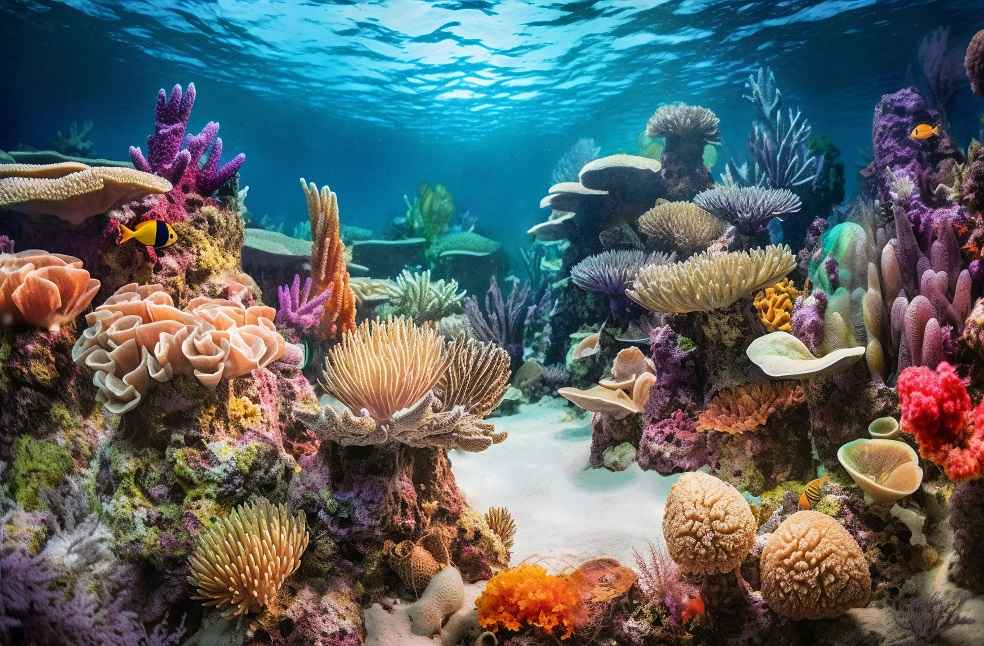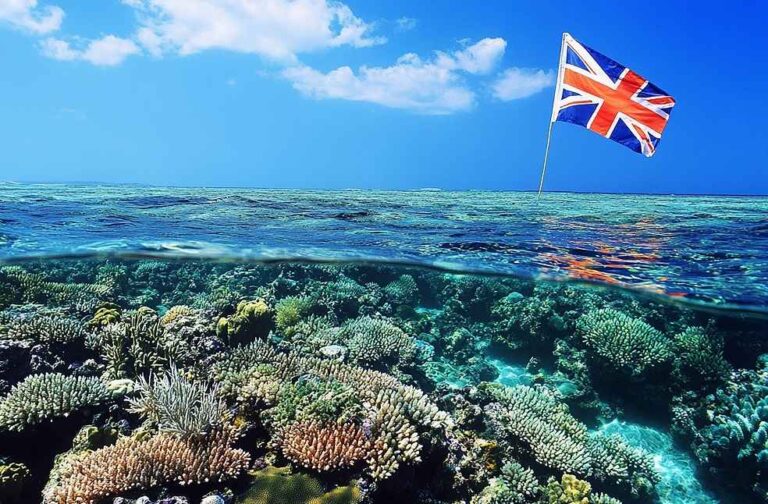Sydney: Water temperatures around Australia’s Great Barrier Reef have reached their highest levels in 400 years, endangering the world’s largest coral reef system, according to a study published on Thursday.
Stretching 2,400 km off Queensland’s coast, the Great Barrier Reef is a vital ecosystem. Recent research highlights the historical context of man-made climate change, showing a significant temperature rise since 1900.
Australian scientists analysed coral cores, similar to counting tree rings, to measure summer ocean temperatures back to 1618. Combined with ship and satellite data from the last century, the research shows stable ocean temperatures until they began to increase around 1900 due to human activities.
From 1960 to 2024, the study observed an average annual warming of 0.12°C per decade from January to March. Since 2016, the reef has experienced five summers of mass coral bleaching, with large sections turning white due to heat stress, increasing the risk of coral death. These summers occurred during five of the six warmest years in the past four centuries.

“The world is losing one of its icons,” said Benjamin Henley, a co-author of the study from the University of Melbourne. “I find that to be an absolute tragedy. It’s hard to understand how that can happen on our watch in our lifetime. So it’s very, very sad.” The last recorded temperatures, from January to March this year, were the highest on record, significantly surpassing previous years, Henley noted.
Coral reefs are crucial for coastal protection, marine biodiversity, and tourism. Since February 2023, at least 54 countries and regions have reported mass coral bleaching due to warming ocean waters, according to the U.S. National Oceanic and Atmospheric Administration (NOAA).
Despite not currently being listed as endangered by UNESCO, the UN suggests that the Great Barrier Reef should be added. Australia has lobbied to keep it off the endangered list to protect the $4.2 billion annual tourism revenue it generates.
Lissa Schindler, campaign manager at the Australian Marine Conservation Society, emphasised the need for Australia to enhance its efforts in reducing emissions to combat climate change and protect the reef. “Australia must increase its ambition, action, and commitments to battle climate change and protect our greatest natural asset,” she said.
MOST READ | Gene therapy for inherited blood disorder



